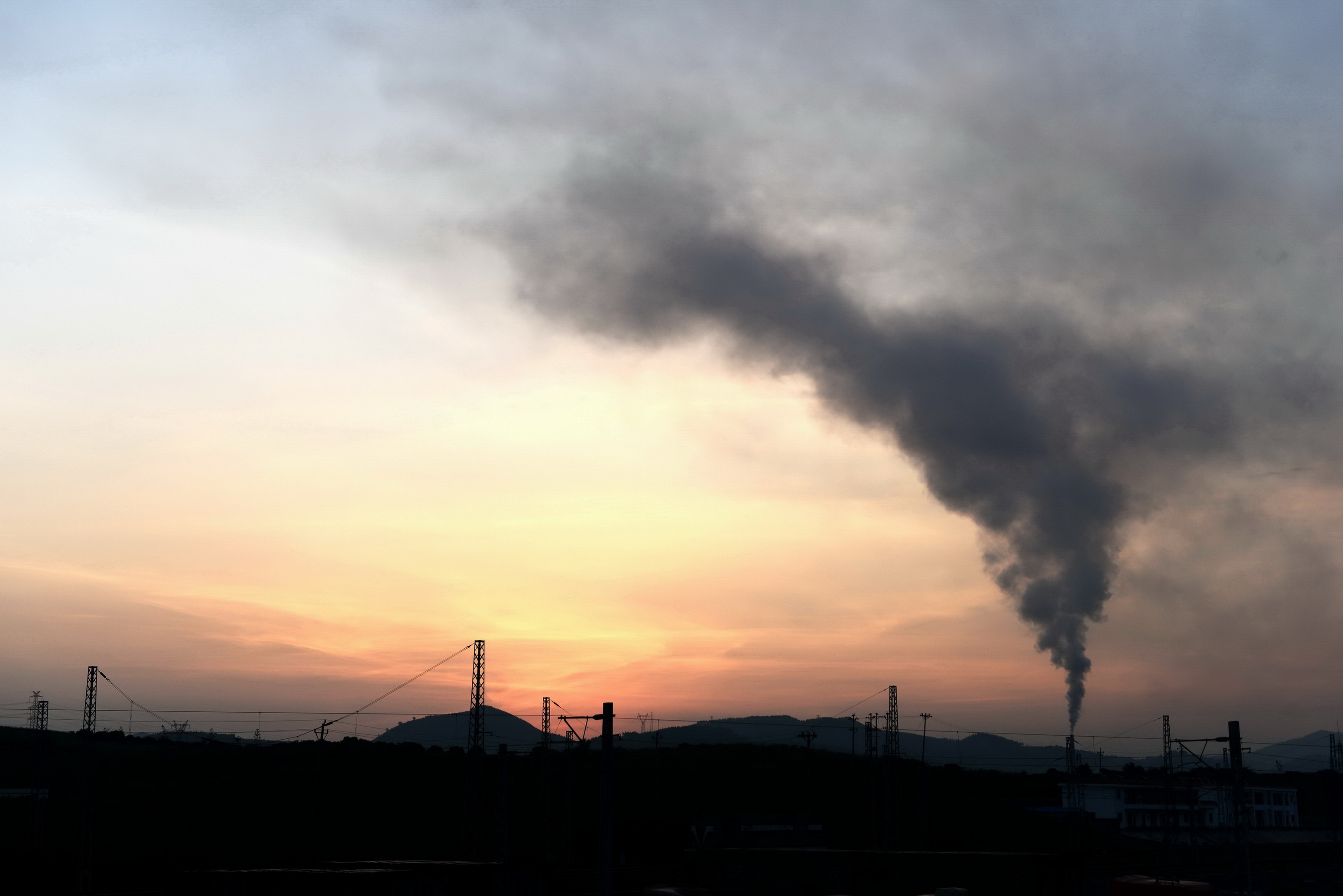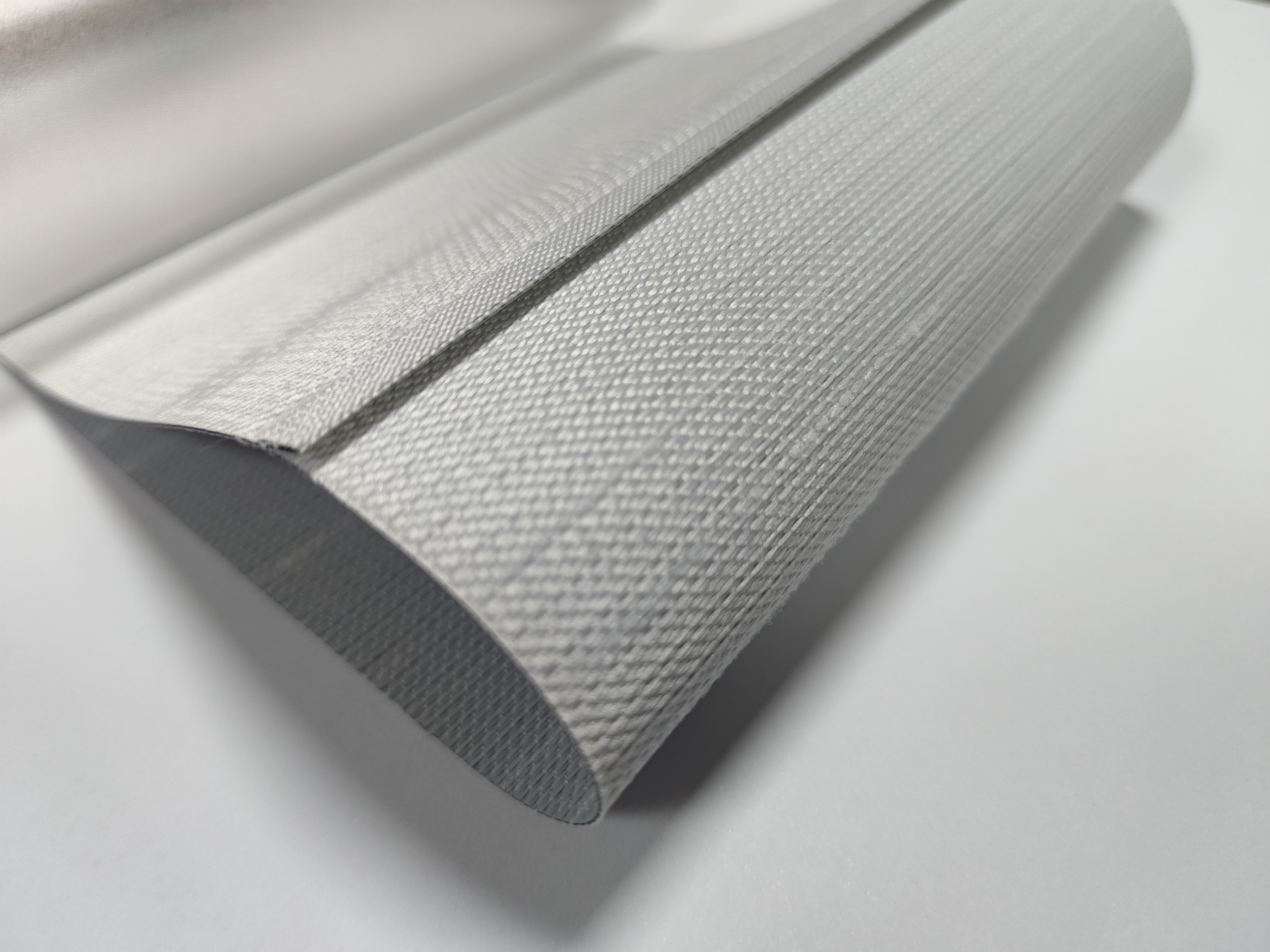The Impacts of Air Quality Problems on Human Health

(1) Impacts on the Respiratory System
The impact of poor air quality on the respiratory system is the most direct and obvious. When people inhale air containing a large number of particulate matters and harmful gases, the first to be affected is the respiratory mucosa. These pollutants can irritate the respiratory tract, causing symptoms such as coughing, sneezing, and runny nose, which are similar to the initial manifestations of a cold. Long-term exposure to polluted air will continuously damage the respiratory mucosa, reducing the defensive ability of the respiratory tract and easily triggering chronic respiratory diseases such as chronic bronchitis, asthma, and emphysema. For children, the elderly, and those with respiratory diseases, the harm caused by air quality problems is even more serious. Their respiratory tracts are more vulnerable and more likely to be invaded by pollutants, and their conditions may worsen as a result.
(2) Impacts on the Cardiovascular System
Air quality problems are also closely related to the health of the cardiovascular system. Research shows that people who are exposed to polluted air for a long time have a significantly increased risk of suffering from cardiovascular diseases. The particulate matters and harmful gases in the air can affect the cardiovascular system through various ways. On the one hand, they can enter the blood circulation system, triggering an inflammatory response, increasing the blood viscosity, and damaging the vascular endothelial cells, thus promoting the formation of atherosclerosis. Atherosclerosis is an important pathological basis of cardiovascular diseases, which can lead to narrowed blood vessels, poor blood flow, and an increased incidence of coronary heart disease, myocardial infarction and other diseases. On the other hand, air quality problems may also affect the autonomic nervous system of the human body, resulting in a decrease in heart rate variability and blood pressure fluctuations, further increasing the burden on the cardiovascular system.

(3) Impacts on the Immune System
A healthy immune system is an important line of defense for the human body against the invasion of external pathogens. However, air quality problems may weaken this line of defense. The pollutants in the air can inhibit the function of the immune system, making the human body more vulnerable to infections by bacteria, viruses and other pathogens. For example, fine particulate matters can interfere with the normal activities of immune system cells, reducing the phagocytic ability of macrophages, making the body unable to timely clear the invading pathogens. Long-term exposure to polluted air will keep the human immune system in a state of stress, over-consuming immune resources, and ultimately may lead to an imbalance and disorder of the immune system, increasing the risk of suffering from various infectious diseases and autoimmune diseases.
(4) Impacts on the Nervous System
Air quality problems also have certain impacts on the nervous system. Some studies have found that long-term exposure to a high-concentration air pollution environment may lead to nervous system symptoms such as headache, dizziness, memory loss, and inattention. This is because some pollutants in the air, such as heavy metals and volatile organic compounds, can penetrate the blood-brain barrier and enter the brain, causing direct damage to nerve cells. In addition, the physical discomfort caused by air quality problems, such as difficulty in breathing and abnormalities in the cardiovascular system, will also bring psychological pressure to people, further affecting the normal function of the nervous system and forming a vicious cycle.

(5) Special Impacts on Children and the Elderly
Children and the elderly are vulnerable groups affected by air quality problems. Children are in the stage of growth and development, and their body organs are not fully mature. Their respiratory systems and immune systems are relatively fragile. Polluted air may affect the development of children's lungs, leading to a decline in lung function and increasing the lifetime risk of suffering from respiratory diseases. Meanwhile, children spend more time outdoors and are more likely to come into contact with polluted air. The elderly, due to the decline of their body functions, have weakened respiratory systems and cardiovascular systems and have a lower tolerance to air quality problems. They are more likely to suffer from various diseases caused by air pollution, and once they get sick, they recover relatively slowly.
Conclusion
The impacts of air quality problems on people are multifaceted, involving various fields such as human health, quality of life, and social economy. From the damages to the respiratory system, cardiovascular system, immune system, nervous system and other body systems, to the impacts on the life level such as restricted outdoor activities, increased psychological pressure, and changed household life, and then to the impacts on the social economic level such as increased medical costs, decreased labor productivity, and hindered tourism development, all of these fully illustrate the seriousness of air quality problems. In order to improve air quality and protect the health and well-being of human beings, we need the joint efforts of the whole society to take effective pollution control measures, such as strengthening industrial pollution control, promoting clean energy, raising the emission standards of motor vehicle exhausts, and strengthening urban greening. Only in this way can we breathe fresh air and enjoy a healthy and beautiful life.
Here, I'd like to recommend the new sun fabric of our company. On the basis of taking into account aesthetics, practicality, and high-quality fabric, it also has functional features that are above the industry standard. It has the characteristics of ultraviolet protection and anti-static, as well as an excellent light-blocking effect, so that you don't have to worry about the problem of ultraviolet irradiation even if you sit by the window for a long time during daily office work.


